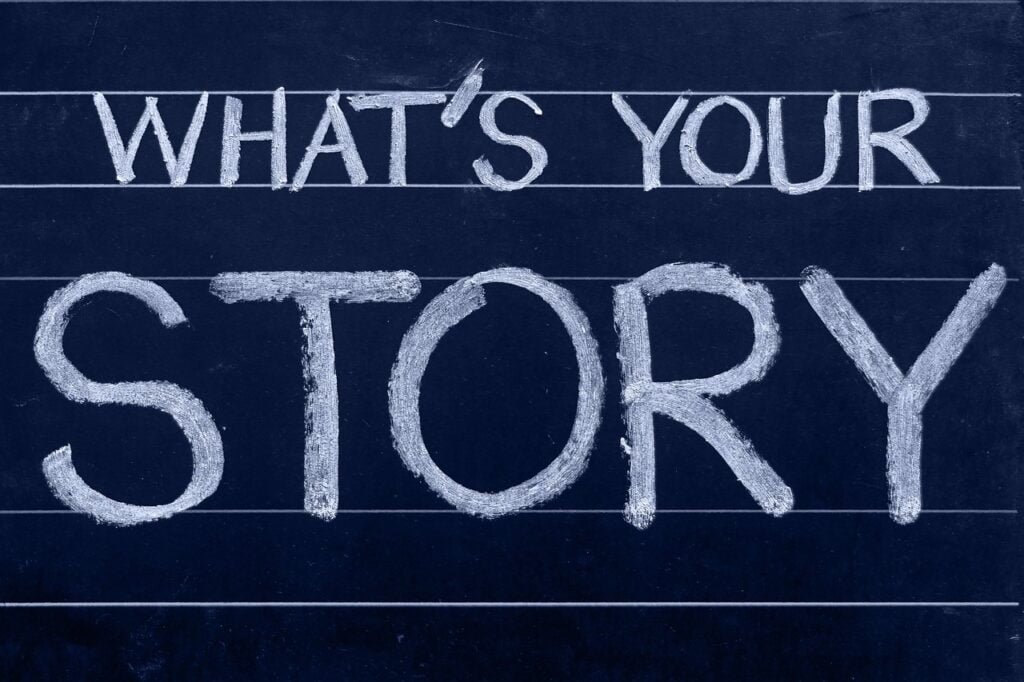Writing a college essay is one of the most intimidating tasks that you’ll face in your academic career. It’s also the most important skill you can develop as a writer, and that’s why we’re here to help. The more you write, the better your essays get. We promise! But first things first: Get ready with some tips on essay writing for college.
Essay writing is the most important skill you need in college
The ability to write a good essay is one of the most important skills you can learn in college. It’s also a skill that you can practice and develop over time. For example, if you’re writing an essay on how to write an essay, it helps if your first draft isn’t perfect—you’ll have more ideas for improvement when editing later on!
In addition to learning how to think through writing essays, it’s important that students also practice other types of writing: research papers, lab reports and even letters (especially thank-you notes). No matter what subject area or major you choose in college, there will always be opportunities for research and analysis that involve writing at some point.
The more you write, the better your essays get
Ideally, you should be writing every day. You get better with practice. The more you write, the better your essays get (yes, there are exceptions—but they are rare).
It’s also beneficial to write on topics related to coursework because then you can start thinking about how to answer questions in the exam and develop strategies for tackling them. But if you don’t have much time left before exams begin and need to start preparing ASAP, there’s nothing wrong with writing on whatever topic comes into your head at that moment. This can help familiarize yourself with essay structure and conventions so that when it comes time for exam preparation, these will already be second nature.
Give yourself time to plan your essay
Your essay is due at midnight, and you have no idea what to write about. You’ve got a few hours left, so it’s important that you start planning right now. Planning will get your brain in gear and help you figure out what needs to be done for the essay.
So what should I write about?
This question often comes up when people are trying to find an appropriate topic for their essay. At this point of the process, it’s best if you can narrow down your topic into one specific focus or issue that grabs your attention. This helps guide how much time and thought goes into each section of your paper (i.e., thesis statement). A clear question or problem statement is better than something vague like “How should we make our city more sustainable?” because there are many ways in which sustainability could be improved; whereas “Should we ban plastic bags altogether?” gives a clearer direction for writing an argumentative essay on sustainability as well as outlining its structure by asking not only ‘how do we improve sustainability?’ but also ‘what are some options available?

Understand the prompt
The prompt is the most important part of your essay. It’s what will tell you what to write about, and it’s the only thing that matters when it comes to deciding how well your essay responds to the assignment.
So why is this class so hard? Because you never know what this “prompt” might be! You may be told that a prompt is a particular sentence or two from an assigned reading, but more often than not it won’t be that easy. It could also be:
- A question directed at you from your professor;
- A quote from an article or piece of literature;
- A statistic about something in our world today (like global warming); or…
The point is, if someone says “here are some prompts for you,” don’t believe them! These so-called prompts have nothing whatsoever to do with writing essays.
Research your topic thoroughly
Good research is the key to writing a good essay. Here are some tips for finding information:
- Use the library. If you’re looking for books and articles about your topic, look in the library. The librarian can help you find what you need and maybe even recommend other sources that aren’t available online or in print form.
- Search online. The internet has everything, but it’s important not to trust everything on there (like, say, this article). When searching online, make sure that whatever source you’re reading has an author’s name attached to it so that you know who wrote it and if they have any credentials; also check if there’s a date listed on when the article was written or updated so that you know how current it is—or if perhaps it may have been published years ago but still contains valid information for today’s world
Practice outlining and organizing your thoughts before jumping in
Writing a college essay can be intimidating. There’s no doubt about it: it’s a lot of work. But if you start with the right frame of mind, your essay will go more smoothly and be more successful in general.
One way to get yourself in the right frame of mind is by writing an outline for your essay before you begin writing. You may already know what an outline looks like (you probably have one for most papers), but if not, here’s a quick refresher:
An outline is basically a summary or overview of your paper that comes at the end instead of at the beginning (or both). It includes all of the main points that you want to make in order and how they relate to each other. This helps organize your thoughts and gives them structure so that when you write your actual draft, those ideas are easier to put into words without getting lost somewhere between here and there (or worse yet having just been left behind entirely).
Vary your language and sentence structure for diversity
Vary your language and sentence structure for diversity.
- Use a variety of sentence structures.
- Use short, simple sentences to break up long, complex sentences.
- Use different types of sentences to avoid repetition (such as compound or complex sentences).
- Use different words to avoid repetition
Build support for your ideas as you go
Here’s how to do that:
- Support is the evidence you use to prove a point. It can be direct or indirect, factual or opinion-based, internal or external, but it must be sound and relevant.
- Direct support refers to quotations (quoting what your source said), paraphrasing the author in your own words (summarizing the author’s main idea), and restating an argument in different words of your own creation (putting it in your own way).
- Indirect support includes facts, statistics, examples from personal experience, historical references/analogies and other types of information gathered from outside sources beyond just one person’s ideas about something—something we call “evidence” when we need to explain why our thoughts are true beyond just saying “because I said so!”

Writing takes practice. It’s a daily process.
The more you write, the better you’ll get. That’s why it’s a good idea to keep a journal or blog, even if you’re not writing an essay. It doesn’t have to be perfect—just get those thoughts down on paper and out of your head! You should also read as much as possible; there are so many great books out there offering insight into all sorts of subjects. And once you’ve written something longer than a tweet or text message, make sure to share it with friends and family (or just post it online).
The more comfortable you get with the process of writing essays for college, the easier your experience will be in college itself—and when it comes time for job interviews or scholarship applications later on in life!
Conclusion
If you get stuck on a topic, don’t panic. Just take a break and come back to it later. You’ll be amazed at how much better your ideas sound after some time away from them! And if you are still stuck and need help writing an essay for college, you can ask for help from a professional.



